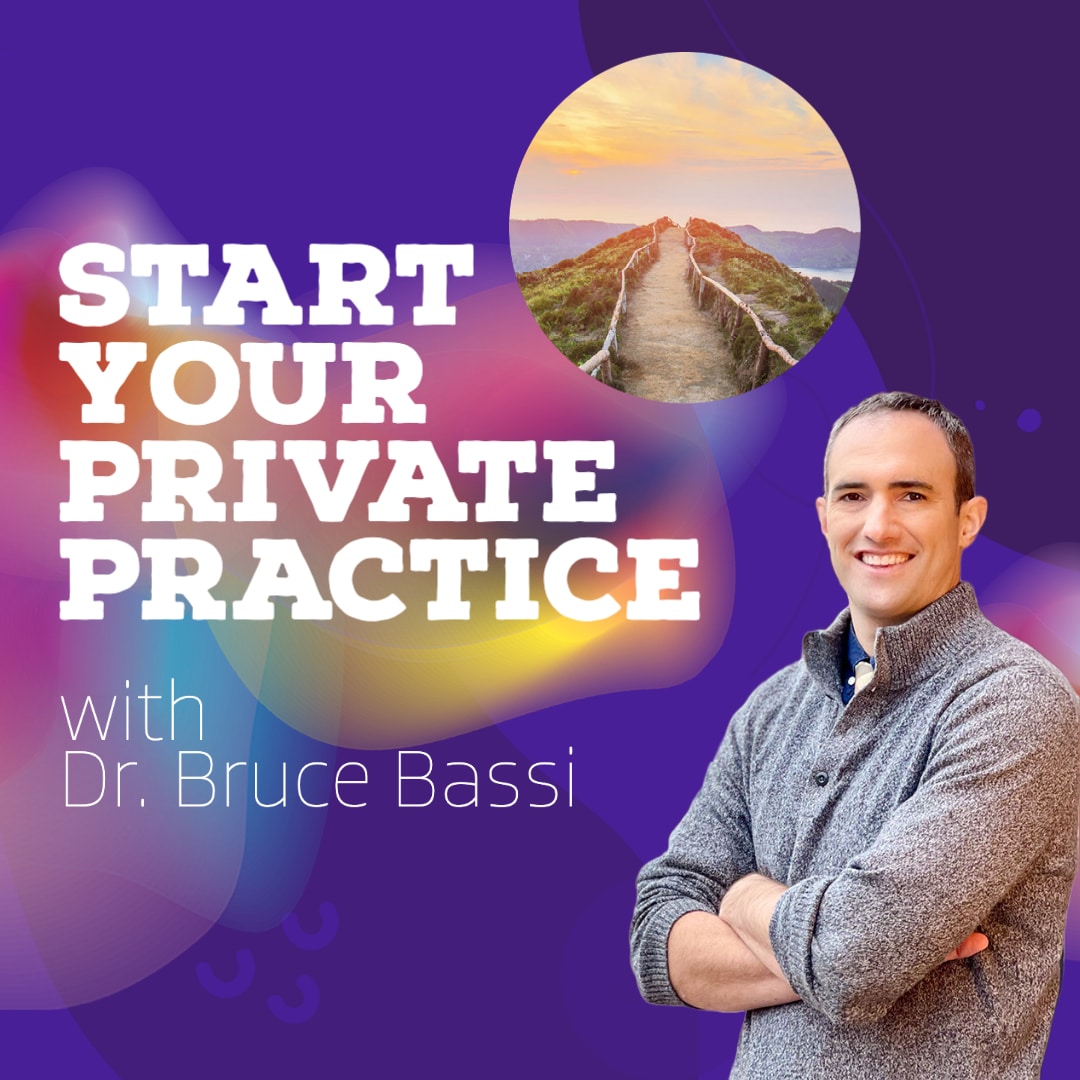When you think of a mental health career, you might picture therapists or psychiatrists. But the field is far more diverse than most people realize. From creative therapy to crisis response, lesser-known roles are transforming the way care is delivered. Discover five rewarding mental health careers you probably haven’t considered—but absolutely should.

When you think of a career in mental health, you probably picture a psychiatrist with a clipboard doing talk therapy, but the field of mental health is much more diverse than that. There are plenty of lesser-known roles that do their part in breaking the stigma surrounding mental health and making sure people always receive the care and understanding they deserve, no matter the setting. Here are five of the most rewarding mental health careers you’ve never heard of.
Psychiatric Mental Health Nurse Practitioner (PMHNP)

A psychiatric mental health nurse practitioner (PMHNP) is an advanced registered nurse who specializes in caring for patients struggling with mental health issues. In addition to making sure these patients have everything they need, PMHNPs can diagnose and treat mental health conditions themselves and prescribe the medication they need. It’s a great way to further your career as a registered nurse and specialize in mental health. To become a PMHNP, you must be a licensed RN and complete one of the many high-quality psych mental health NP programs in the country.
These professionals often work in outpatient clinics, community health centers, or even in telehealth settings. With growing demand for mental health services, PMHNPs are among the most in-demand and highest-paid advanced practice nurses in the U.S. They provide critical services in areas where psychiatric care is hard to access, particularly in rural or underserved communities.
Many PMHNPs also have the flexibility to work independently or open private practices in states with full practice authority. This makes it not only a meaningful role but a sustainable and independent one for long-term career development.
Art Therapist

If you’re passionate about using creativity to help people rise above their mental health issues, you should consider being in art therapy. Art therapists guide patients through creative processes like painting, drawing, and creating sculptures to break negative thought patterns and explore trauma and anxiety. This type of mental health professional typically works in rehabilitation centers, schools, or in a private practice.
Art therapy is particularly effective for individuals who find verbal communication difficult, such as children, trauma survivors, or neurodivergent individuals. By encouraging self-expression through creativity, art therapists help patients develop emotional insight and healing in a way that traditional talk therapy may not always achieve.
To become an art therapist, you’ll typically need a master’s degree in art therapy or a related counseling field, along with a certification or licensure depending on your location.
Substance Abuse Counselor

A substance abuse counselor is a specialist who supports people dealing with sensitive issues like addiction and substance use disorders. They provide counseling to see the motivations behind such behaviors and then develop treatment plans to help break the cycle of addiction. They might also facilitate group therapy for multiple patients, specifically in rehab centers, correctional facilities, or community outreach programs.
Substance abuse counselors play a key role in relapse prevention and recovery planning. They often work closely with other professionals, such as social workers and mental health clinicians, to provide comprehensive care.
This role can be especially rewarding for individuals in recovery themselves or for those who feel called to support people in navigating the most vulnerable moments of their lives. Most positions require a bachelor’s degree, but many states offer certification pathways for those with relevant experience and additional training.
Sleep Coach

Sleep coaches are professionals who help patients who struggle with anxious thoughts at bedtime, which leads to sleep disorders like insomnia. These professionals use behavioral techniques and prescribe lifestyle changes to help people achieve higher-quality sleep, which improves their mood and reduces feelings of anxiety and depression that keep them up at night. Those with backgrounds in nursing, psychology, or wellness coaching are the best candidates for becoming sleep coaches.
Sleep health is directly connected to mental health, and unresolved sleep disorders often contribute to conditions like anxiety, depression, and PTSD. Sleep coaches may use Cognitive Behavioral Therapy for Insomnia (CBT-I), mindfulness practices, and personalized wellness plans.
As awareness around mental wellness grows, sleep coaching is becoming a fast-growing niche that blends clinical psychology, behavioral science, and holistic health. It’s especially ideal for professionals looking to enter private practice or offer telehealth services.
Helpful Tip for Exploring Mental Health Careers
Don’t limit yourself to traditional roles like therapists or psychiatrists. Alternative careers—like PMHNPs, art therapists, and sleep coaches—are growing fast and offer flexible, meaningful paths.
KEY TAKEAWAYS
-
Consider specialized roles like PMHNP or crisis intervention to meet growing mental health needs.
-
Creative therapy fields such as art and music therapy provide alternative ways to support healing.
-
Remote-friendly careers like sleep coaching blend psychology and wellness with flexibility.
Crisis Intervention Specialist

Lastly, we have crisis intervention specialists, who are trained to provide immediate support and stabilize patients experiencing mental health episodes on the spot. These professionals are the ones who pick up on the other end of crisis hotlines or are present in emergency rooms when there are injuries related to mental health crises. Not only are these specialists equipped to give mental health counseling to those who need it, but they are trained to do so in an emergency response environment.
This role is highly impactful and often serves as the first point of contact for individuals in severe distress. Crisis intervention specialists help de-escalate dangerous situations, offer resources for long-term care, and may even work alongside law enforcement or emergency medical responders.
Most professionals in this field hold a degree in psychology, social work, or counseling, and may pursue certification in crisis intervention or trauma-informed care. With the growing recognition of mental health emergencies as public health concerns, this role is more vital than ever.
More Career Paths Worth Exploring

While these five roles offer great entry points into rewarding and often overlooked mental health careers, there are even more paths to consider, such as:
-
Music Therapist – using sound and rhythm to support emotional healing
-
Behavioral Health Technician – providing daily support to patients in clinical settings
-
Peer Support Specialist – using lived experience to guide others through recovery
-
Mental Health Program Coordinator – managing community outreach and care plans
Each role contributes uniquely to a mental healthcare ecosystem that is increasingly multidisciplinary and inclusive.
Summary
Whether you want to be an art therapist helping people’s creative juices flow or a PMHNP serving as a nurse specifically for those struggling with mental health, there’s a professional path out there for you. Consider the options above and start your exciting journey to becoming a mental health advocate and professional, no matter how unconventional the route.
The mental health field needs passionate, skilled individuals now more than ever—and that includes those willing to take roads less traveled.







